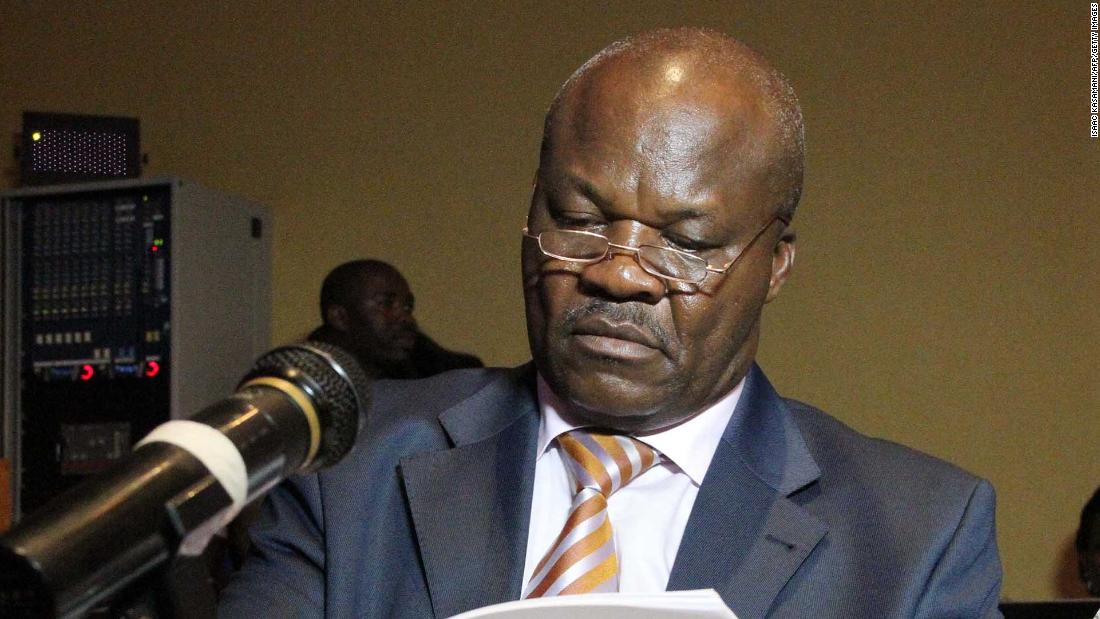
An armed group he led is accused of crimes such as rape, summary executions, mutilation and cannibalism during a deadly civil war in the Democratic Republic of Congo.
French prosecutors also accuse Lumbala of “participating in a group formed for the purpose of preparing war crimes.”
The UN investigation “confirmed a pattern of looting, killings and rapes as a war tactic” in 2002 for RCD-N forces in the Beni area in the northeastern region of Ituri.
“The summary executions targeted the Nande ethnic group and the pygmies, who were forced to flee into the forest for the first time to escape persecution,” the UN report said.
“The victims reported several cases of mutilation followed by acts of cannibalism,” the report adds.
Between 12 and 29 October 2002, RCD-N soldiers allegedly killed 173 civilians and committed “acts of cannibalism”, according to the report. An unknown number of civilians were mutilated while soldiers raped a “large number” of women and children.
The report relates other incidents of mutilation, rape and cannibalism to Operation “Clean the Slate.”
The French judiciary has the jurisdiction to prosecute cases of crimes against humanity committed abroad against foreign victims if the perpetrators are present in French territory or are resident in France.
In 1996, dissident groups led by Laurent Kabila – and strongly supported by Rwanda and Uganda – rose up in the revolt against endemic corruption. They entered the country’s capital, Kinshasa, in May 1997 and Kabila declared himself president.
Internal and external dissatisfaction with Kabila gradually grew until 1998, when a new rebel group was formed – again with the support of Rwanda and Uganda – and a second conflict broke out.
In January 2001, Kabila was killed by one of his bodyguards and his son, Joseph Kabila, took over. Under the young Kabila, foreign forces gradually marched and the Congolese parties managed to reach an agreement for a transitional national government that included the three major belligerent groups, several smaller ex-rebel movements and representatives of civil society. and the political opposition.
Lumbala became a minister in this government between 2004 and 2005.
Correction: This story has been updated to include the correct image of Roger Lumbala. “